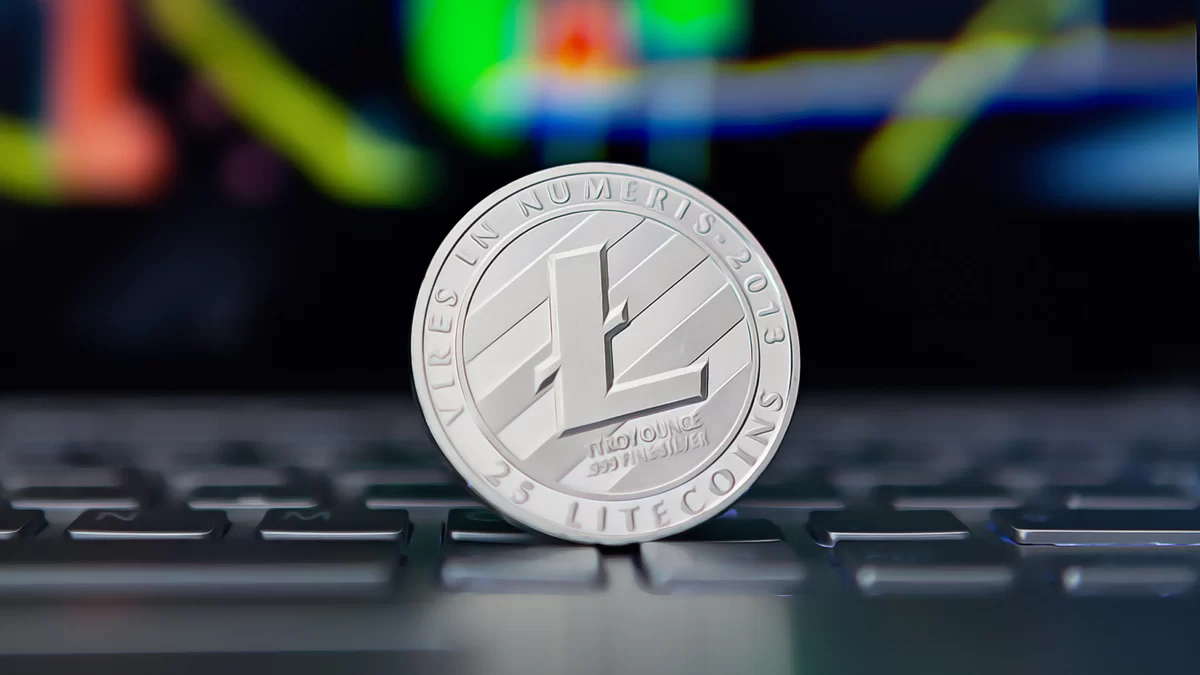Several private banks in South Korea are researching the potential of tokenized deposit technology, which serves as an alternative to both private stablecoins and central bank digital currencies (CBDCs). Hana Bank and Woori Bank, both headquartered in Seoul, are seeking to develop a stablecoin that can operate at the same speed and capacity as traditional banking principles and local payment systems.

Hana Bank and Woori Bank Begin Examining Deposit Certificates
According to a report from Maeli Business New Korea, Hana Bank and Woori Bank, both privately-owned companies based in Seoul, are showing interest in tokenized deposit certificates (CDs). These certificates utilize blockchain technology to tokenize bank deposits, replacing traditional rules and deposits without disrupting the existing banking system. Deposit certificates also require the same standard of identity verification as any traditional banking service.
Hana Bank plans to research deposit certificate tokens, while Woori Bank’s research department recently published a report on tokens.
From a banking perspective, deposit certificates seem to have few disadvantages. According to the report, the interest in these tokens stems from concerns among financial regulators following the failures of stablecoins in 2022. Senior bankers mentioned in the report state:
“Stablecoin metrics are considered stable from a banking perspective, as they do not significantly differ from the current system.”
Continued Examination of Tokens Compatible with CBDCs
Another important aspect is the potential compatibility of these tokens with central bank digital currencies (CBDCs). The efforts of both Hana Bank and Woori Bank in this regard can be evaluated within the framework of a CBDC by the Bank of Korea. In July, the Bank of Korea announced ongoing preparations for the potential introduction of a CBDC, which would explore the use of offline payments and cross-border payments through close-range communication with smart contracts.
A pilot program involving 14 private banks is already underway. However, there are still some technical issues. The system, which is capable of processing 2,000 transactions per second, is considered relatively slow compared to the transaction volume provided by most local payment systems. The Bank of Korea is now seeking ways to enhance the technical capacities of the project.









